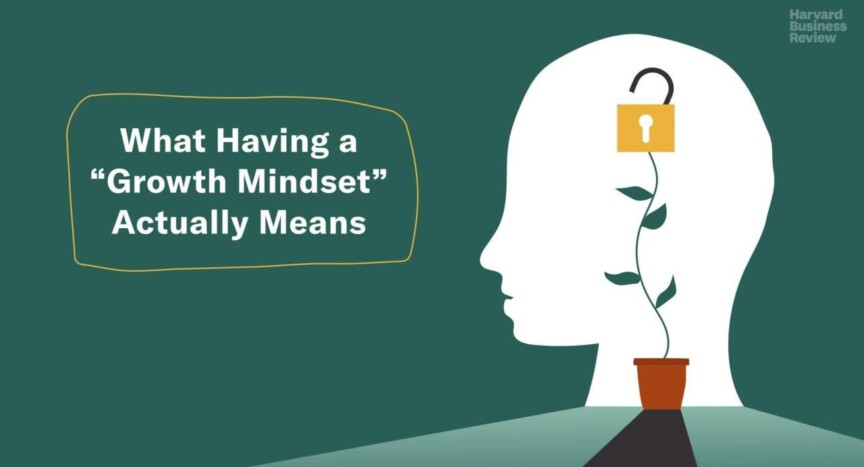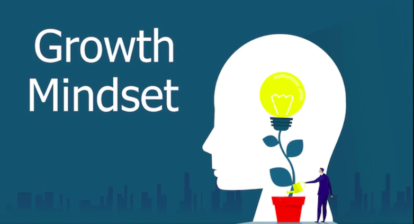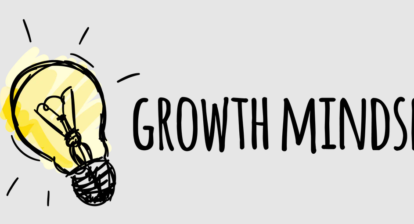In an era where personal development and self-improvement are paramount, one term has shone brighter than the rest: the growth mindset. But unlike many self-help trends that come and go, the growth mindset has its roots deeply embedded in scientific research. So, what’s the science behind this transformative concept? Let’s explore.
The Genesis: Dr Carol Dweck’s Landmark Research
The growth mindset owes its origins to Dr Carol Dweck, a psychologist at Stanford University. After decades of research on achievement and success, she introduced two fundamental mindsets that shape our lives: the fixed mindset and the growth mindset.
Fixed Mindset: Individuals believe their abilities, talents, and intelligence are static traits. They have a certain amount, and that’s it.
Growth Mindset: Individuals understand that their talents and abilities can be developed over time through dedication, effort, and learning from experiences.
Neuroscience Weighs In
Recent advancements in neuroscience further bolster the principles of the growth mindset. Here’s what the science says:
Brain Plasticity: Once believed to be static post-childhood, we now understand that the brain is highly malleable or ‘plastic’. It can form new neural pathways and adapt throughout life, supporting the notion that skills and abilities can indeed be honed over time.
The Power of Dopamine: Embracing challenges and achieving milestones, intrinsic to the growth mindset, releases dopamine—a neurotransmitter linked to pleasure and motivation. This release not only feels rewarding but further reinforces the desire to learn and grow.
Educational Implications and Studies
The educational sector was quick to notice the implications of Dweck’s research:
Growth Mindset in Classrooms: Studies have found that students who were taught the growth mindset showed a clear uptick in their grades and motivation to learn. This is contrasted against their peers who continued with a fixed mindset.
Praising the Process: Research suggests that praising students for their effort (‘You worked hard on this!’) rather than their inherent traits (‘You’re so smart!’) fosters a growth mindset. This subtle shift in feedback promotes resilience and a love for learning.
Workplace and Organisational Studies
The growth mindset isn’t just for academia; its principles are being validated in professional environments too:
Enhanced Performance: Companies that promote a growth mindset see employees who are more resilient, innovative, and adaptable to change. These employees are less likely to view challenges as threats and more as opportunities to evolve.
Cultivating Corporate Cultures: Organisations that embed the growth mindset principles in their culture benefit from higher employee satisfaction, greater collaboration, and improved performance metrics.
The Long Road Ahead
While the growth mindset has a robust scientific foundation, it’s important to note that the field is still evolving. Continuous research is paramount to refine our understanding and to devise strategies to harness its potential effectively.
In conclusion, the growth mindset isn’t merely a buzzword. It’s a scientifically-backed perspective that holds transformative power for both individuals and organisations. As we continue to delve deeper into its nuances, one thing remains clear: when we embrace the belief that we can grow and evolve, we unlock unparalleled potential and pave the way for both personal and collective success.




